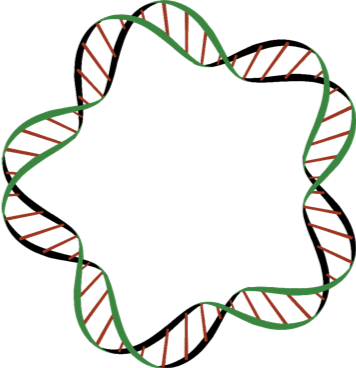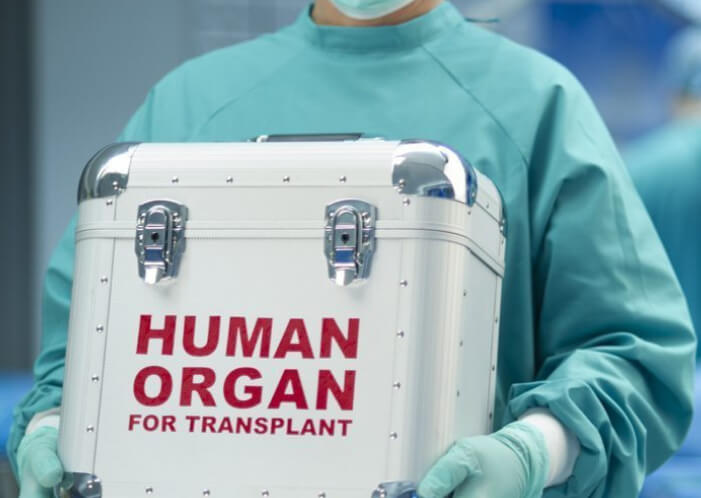

de Boer, Eline
PhD student
Oslo
Education: MD
E-mail: e.de.boer[at]medisin.uio.no
Focus: Whether small pieces of DNA which are released upon cell damage, can cause activation of the complement system.
Bio
Project title: Investigating whether small pieces of DNA which are released upon cell damage, can cause activation of the complement system.
In recent years, it has become clear that mitochondrial DNA (mtDNA) plays a role in the inflammation phase, which is often seen in trauma or cardiac arrest patients. Researchers observed increased levels of mtDNA in the blood of these patients which seemed related to the severity of the injury and the number of (inflammatory-) complications.
Mitochondria originally descended from a diverse class of bacteria. mtDNA is therefore similar to bacterial DNA and differs from our nuclear DNA. For example, it is not protected by histones and contains pro-inflammatory CpG motifs. CpG motifs are regions of DNA where a cytosine nucleotide is followed by a guanine nucleotide. The cytosines are unmethylated and are therefore able to activate the immune system.
We think that mtDNA can be regarded as a Trojan horse inside the cell; it is harmless while intact, but a powerful destructive force when opened in the course of cell injury and death due to ischemia or reperfusion injury. So far, no research has been performed investigating whether mtDNA can activate the complement system. Also, we aim to unravel the mechanism of complement activation which could reveal new potential treatment targets for these patients.

